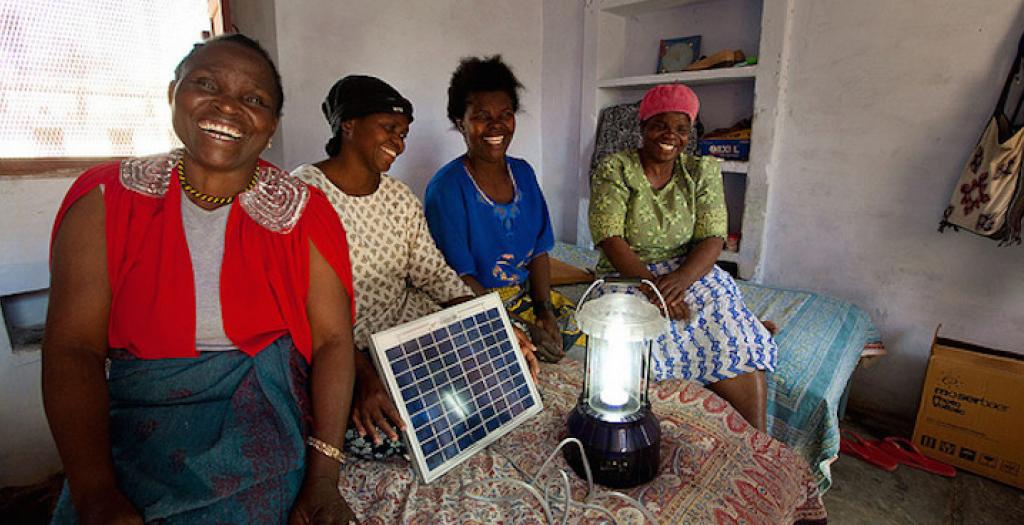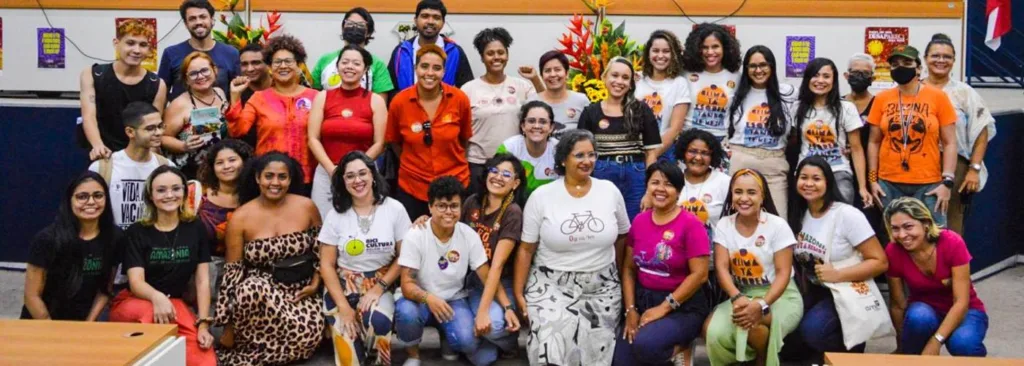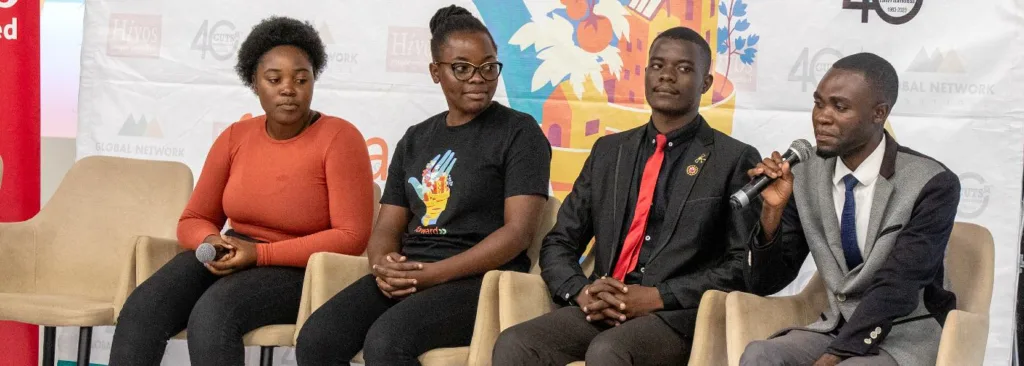The National Association of Business Women (NABW) held a meeting to introduce the Green and Inclusive Energy project to the Mchinji District Executive Council in Malawi .
Forty-two stakeholders from government departments and non-governmental organisations participated in the meeting.
NABW is one of Hivos Southern Africa’s partners under the Green and Inclusive Energy programme in Malawi. The Green and Inclusive Energy is a five-year strategic partnership with the Dutch government, launched at the beginning of 2016 to help influence the uptake of renewable energy.
About Green and Inclusive Energy
The Green and Inclusive Energy partnership focuses on lobby and advocacy that will influence the public and political debate on energy, with the ultimate aim of transitioning toward greener and more inclusive energy systems. Only when renewable energy becomes more available and widespread will the energy needs of women and men for their daily activities, livelihoods, education and health be met, thus also creating economic opportunities and growth whilst mitigating climate change.
The programme’s nucleus is built on cooperation with and capacity strengthening of national civil society to effectively advocate in favour of green and inclusive policies. It will link and influence the energy policies at international, regional and national level.
Despite a range of efforts by local and international stakeholders to increase access to modern energy sources in the country, 89 per cent of Malawi’s energy is still sourced from traditional biomass mainly fuel wood. Only 8 per cent of the population in Malawi have access to electricity but installed capacity of electricity generation is lower than demand.
NGOs operating in Mchinji together with four other NGOs who introduced their projects on the same day. The director of administration emphasized to work with the members of the DEC to ensure its success.
Need for Capacity Building and Renewable Energy Technologies
According to participants at the inception meeting, capacity development and provision of renewable energy technologies coupled with good demonstration sites is critical to enhance the uptake of renewable energy especially among women in Malawi.
The Malawi GIE seek to influence the development of policies that will facilitate a standardised approached to the implementation of renewable energy in Malawi.
“Building a case from our district to drive a national agenda on gender and social inclusion in energy project is one way all concerned citizens can start to realise their position in the country’s development issues like energy access,” said the Director of Administration in Mchinji.
Women and Energy in Malawi
In Malawi, women’s participation in energy generation, distribution and its regulation still remains minimal. Women lack the knowledge, skills and investment capacity to participate in this field despite the fact they are the end users of energy systems.
The consideration of social and gender issues in design, implementation, and monitoring and evaluation processes of renewable energy projects is key to successful uptake.
To gain greater insight into the state of women’s energy access, NABW conducted an assessment of the energy options available to rural based women in the district. By identifying region-specific barriers and building support around solutions to address them, NABW will provide a framework for advocating with policymakers in Malawi. Energy is very important in women’s daily lives, especially for serving food for families, lighting for teaching their children at night, and energy for their small food industries.




